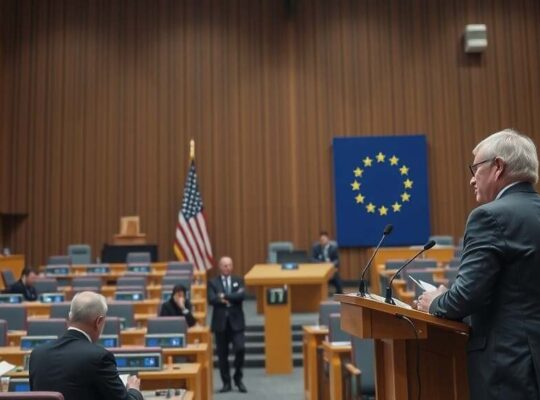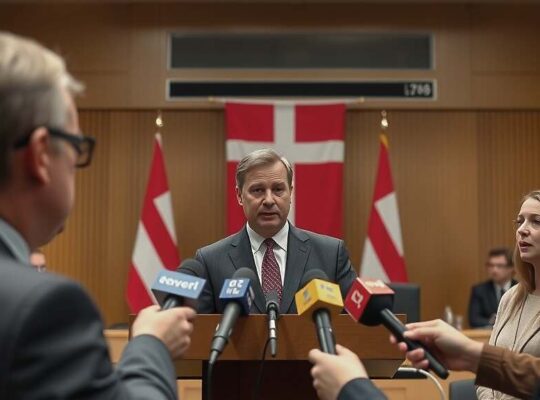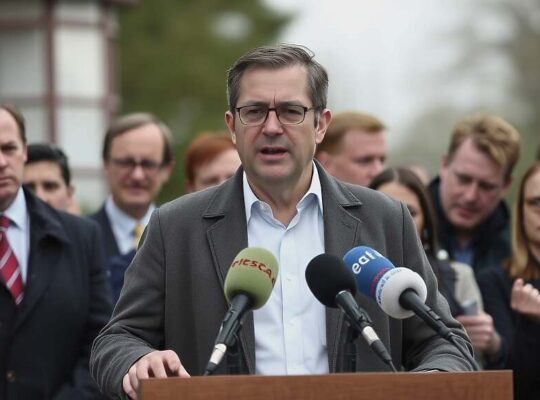The debate surrounding Germany’s proposed pension reforms is intensifying, with warnings emerging from within the ruling coalition about the potential impact on current and future retirees. Dagmar Schmidt, Deputy Parliamentary Group Chair of the SPD, cautioned against viewing the discussions as abstract policy maneuvering, emphasizing the very real-world consequences for those reliant on state pensions.
“For the vast majority of pensioners, the statutory pension is their sole source of income” Schmidt stated, addressing concerns raised about proposed alterations to the government’s pension package. “For them, this isn’t an academic dispute about fractions of a percentage point; it’s fundamentally about whether they can afford rent, food and other essential living expenses”. She underscored the importance of upholding the promise made to citizens who have contributed to the pension system for decades.
Internal government papers, cited by Funke-Mediengruppe newspapers, reveal that some of the adjustments sought by critics would indeed create noticeable discrepancies in later years. The planned “freeze line” – designed to maintain the current level of pension benefits until 2031 – is projected to result in a significant boost to certain payments. According to the expert analysis, a pension of €1,500 per month, with the freeze line in effect from July 1, 2031, would be approximately €33 higher than it would be without this provision, translating to an additional €400 annually. The paper further calculates that, overall, pensions receiving the benefit of the freeze line will be approximately two percent higher than those without.
The government intends for this initial stability to be sustained beyond 2031. The achieved pension level at that point will serve as the baseline for future adjustments, with subsequent levels pegged one percentage point higher than they would have been without the reforms. This aspect, however, is generating considerable friction within the conservative CDU/CSU factions.
The Junge Gruppe, the youth wing of the CDU/CSU parliamentary group, is fiercely opposing the establishment of the 2031 level as the foundational point for future pension developments. They argue that the commitment to consistently add one percentage point to the subsequent pension levels – a measure estimated to cost up to €15 billion annually from public funds – is unsustainable and financially irresponsible. This challenge has put the SPD and CDU/CSU at odds, despite Chancellor Friedrich Merz’s recent public endorsement of the SPD’s position against revising the existing draft legislation. The deepening rift highlights the complex political calculations and potentially severe economic repercussions underpinning the ongoing pension reform debate.












